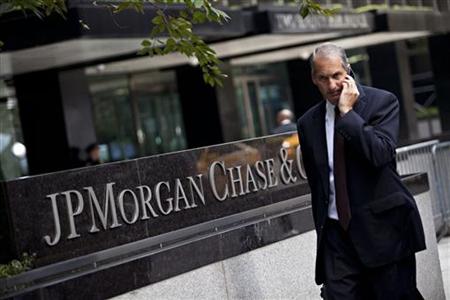 |
| These aren't the rebels you're looking for Assad |
The New York Times reported that the United States is considering increasing its assistance to Syrian rebels resisting Assad's regime. The rebels will receive military advice, equipment, and training at a base in Syria. Secretary of State John Kerry actively called for the United States to provide additional assistance to the Syrian rebels while visiting Paris. While this good fortune for the rebels, what does this mean for the United States? Getting dragged into yet another military conflict in the Middle East seems contradictory to President Obama's hopes that the Afghanistan War would end within a year so that the troops come return safely. If the United States chooses to expand the range of its assistance to the rebels, there is the distinct possibility that our troops could be deployed there.
As The Christian Science Monitor points out, President Obama's possible decision to provide more "nonlethal" aid to the rebels steps on morally questionable grounds. To be fair, without direct intervention, radical Islamist groups are gradually gaining support in Syria. Providing defensive military equipment to hold back potential future terrorists is not a bad idea. The problem is that the Syrian rebels themselves are technically terrorists. They could be just as dangerous as radical Islamist groups if they choose to give some of the equipment to terrorist groups or begin using them to slaughter civilians as they see fit. As thousands of people are dying in Syria, perhaps the act of doing nothing is casting the United States in a bad light, forcing President Obama to call for more intervention. Of course, polls show most Americans aren't itching for a fight.
On Thursday, John Kerry will attend a meeting in Rome to discuss the Syria situation and will probably call for more international aid for Syria. USA Today quotes the director of the Middle East Center at the London School of Economics for noting that "I think we are going to see the Obama administration directly engaging the armed opposition inside Syria - a flow of U.S. (aid) to the armed opposition, including various material and also training, and command and control intelligence." That's definitely more than a little help, in my opinion. With the United States backing the rebels, they have a good chance of overthrowing Assad. However, there could be future consequences. It is always possible that the United States may be indirectly arming Al-Qaeda if the rebels ever choose to follow the terrorist group's mindset. Should we act rashly, we could endanger the fate of Syria.
Do you feel the United States should get more involved in the Syria conflict? Should we encourage other countries to help out as well? What are the chances of American support actually helping the rebels win? Are the rebels actually better than Assad in the long-run? These questions and more need to be answered if we are to take the correct path in Syria.
Here's a video news report on this issue for your viewing convenience.









